Description
Example Day
| 08.00 | Welcome & Introduction at Azizi Life in Ruhango. |
| 08.10 | Depart Azizi Life |
| 08.30 | Arrive in your rural host community.
Welcome by the artisan cooperative. |
| 08.35 | Go to the family home of your artisan host, share introductions, and add a bit of local dress to your attire. |
| 08.45 | Fetch water from the valley spring. (You can choose to help with food preparation instead.) |
| 11.00 | Day activities: learn the rural construction techniques including making rope from banana tree fibers and making bricks from mud. The artisans will show you how to do the activity and will work alongside you. They will encourage you to take a rest whenever you need to, or to sit out and watch if you prefer. |
| 12.30 | Lunch: The artisans will serve a cooked vegetarian meal typical for local families, such as cassava and beans. This is a good time to ask your hosts about life in their community. They may have questions for you too about life in your home country. |
| 13.30 | Construction: Using traditional techniques, help to build, for example, a domestic animal’s pen, a fence or a house. |
| 15.30 | Farewell & Departure from your host community. |
| 15.45 | Arrive back at Azizi Life Muhanga for a cold drink and a chance to reflect on your Experience. |
| 16.00 | Finally, there will be opportunity to peruse all of the beautiful, handcrafted goods on offer from our artisan partners- including your hostesses! This is a wonderful way to gather gifts and souvenirs which you can be confident are fair trade and making an impact. |
How to Prepare for Your Visit
- Men may wear trousers or shorts. Women should wear trousers or a skirt that covers the knees, as Rwandan women usually don’t show their knees.
- Traditionally, the soil for mud bricks is prepared by treading water into it barefoot. You may choose to participate in this practice, but know that it is at your own risk.
- You might consider wearing or bringing a long-sleeved shirt in case you cut grass for animals, as this can irritate the skin.
- We recommend that you wear closed-toed shoes: Walking shoes are useful on the paths, which can be steep and slippery. You might want to bring a spare pair of shoes, as one pair may get muddy if you work in the fields.
- Be prepared to spend time in the sun.
- Bring a camera or video camera if you wish; the artisans and their families won’t mind.
- Bring reading glasses if you need them for craft work.
- Don’t be anxious! The artisans cultivate their fields for six hours at a time, but they know you are from a different culture and are unlikely to be able to work so hard or for long. They won’t laugh if you don’t get the hang of an activity. Or rather, they may well laugh, because they take great pleasure in life, but they will be laughing with you, not at you. You can opt out of any activity at any point, and choose instead to sit and watch.
- There will be a translator with you; feel free to ask as many questions as you wish.
- Please let us know in advance if you have any food allergies. Food served may contain nuts.
- Ensure that you have health insurance to cover your visit. We do all we can to ensure your safety during your visit. In the case of an accident, we will ensure you get appropriate medical attention. However, you must cover the costs through your insurance.
You Should Also Know That
- Some of the paths are steep and can be slippery after rain, but you will be given a hand if you need it.
- You will be supplied by Azizi Life with plenty of bottled drinking water.
- The food is thoroughly cooked: no previous visitors have become ill after eating it. However, if you prefer not to eat, or to eat just a little, you will not offend your host.
- Soap and water are available for washing your hands.
- Each house has a pit latrine.
- We will bring a first aid kit, hand sanitizer and toilet paper.
- Never drink non-boiled juice. After making your juice, you’ll bring it back to the Azizi Life office where we will make sure that it gets boiled and you can it take it home with you.
- Your hosts are a lovely group of women, young and older. They and their families will make you feel welcome, without making a fuss. They know that you are coming to gain an understanding of what rural life is like in Rwanda and will encourage you to join in with their daily routine.
Sometimes other members of the community come and stare at white visitors for a while, as white people are seldom seen in rural communities. They are simply curious. - Very occasionally, in the community, a neighbor may ask you for money. People often ask each other for money here, and are not offended by a refusal. They are all the more likely to ask a white visitor, as Rwandans often think that white people are fabulously rich. If asked for money, it is best to say no. Your visit is already benefiting the community: the artisan group earns a fair wage for your visit, often saving their payment in a joint account and then spending it on something substantial such as a cow. Their families benefit directly, and so does the wider community. This is because a host will often pay a neighbor to work her fields while she is busy hosting your visit. Additionally, we donate 5% of tourism revenues to our local nonprofit, Azizi Life Impact, for community development work.

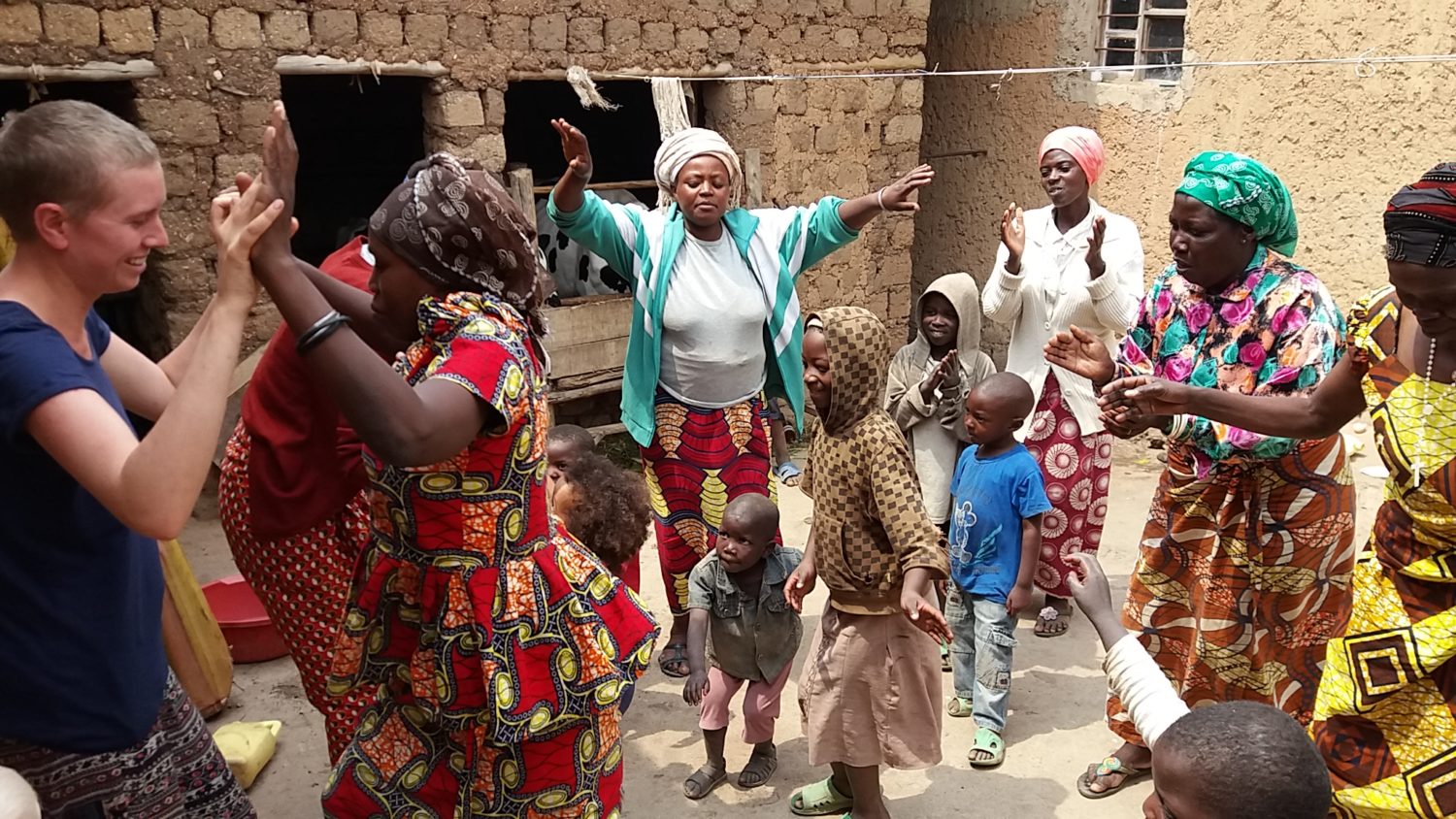
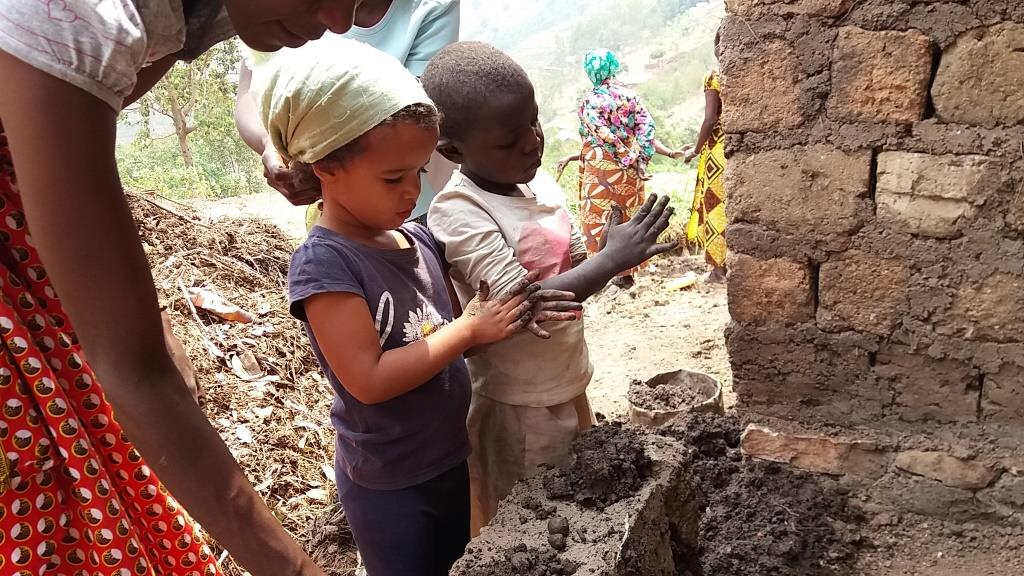
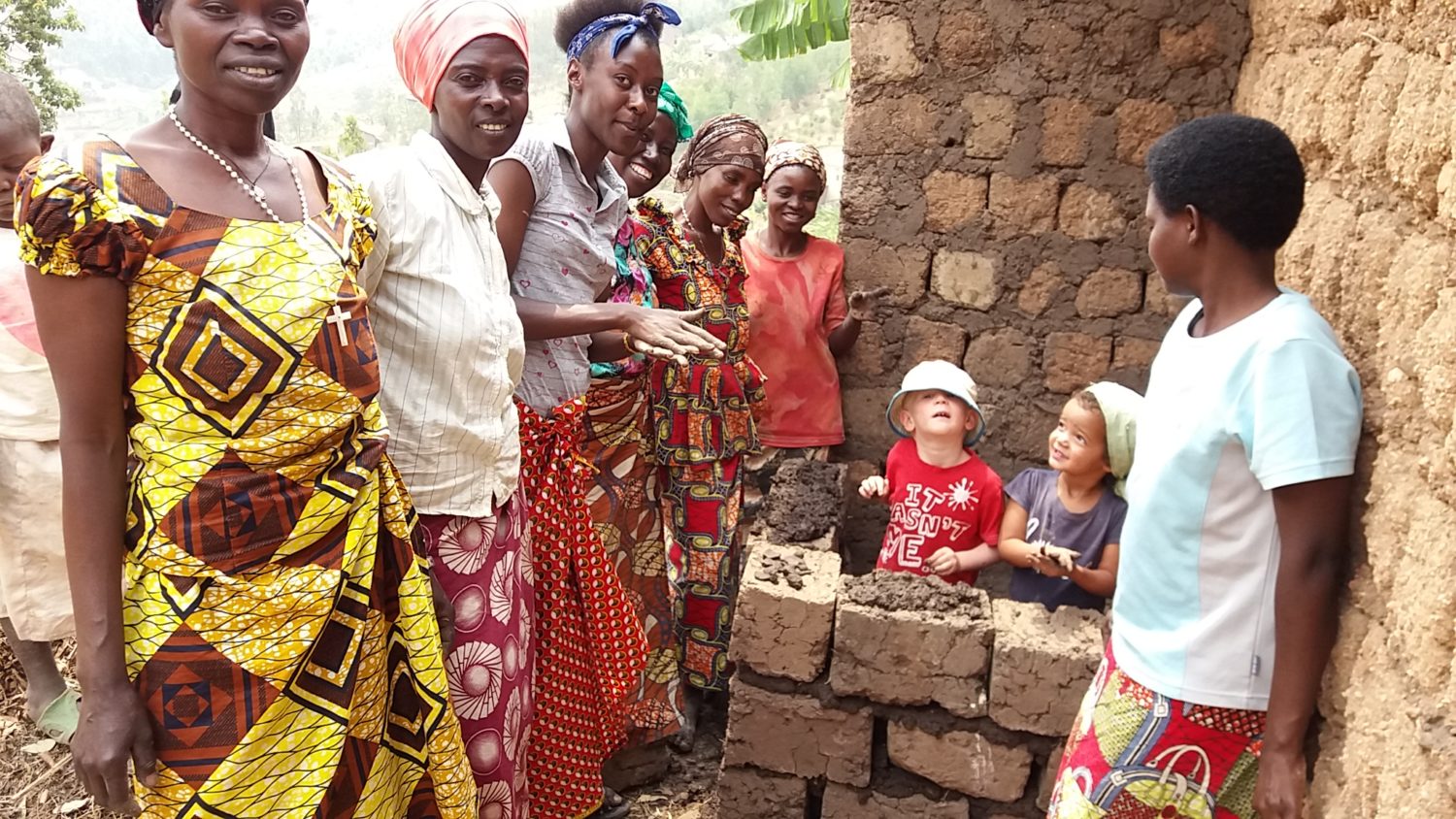
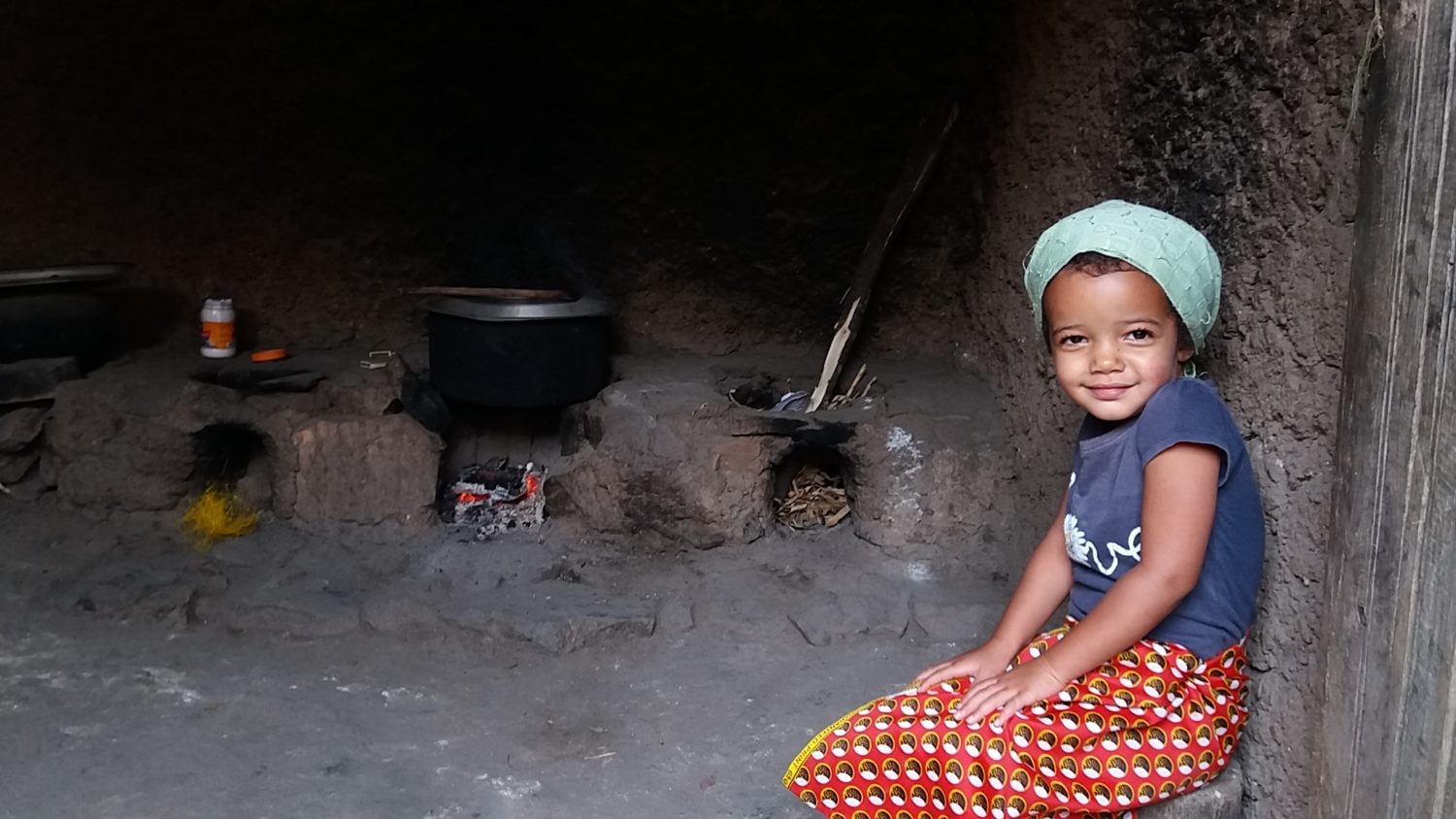
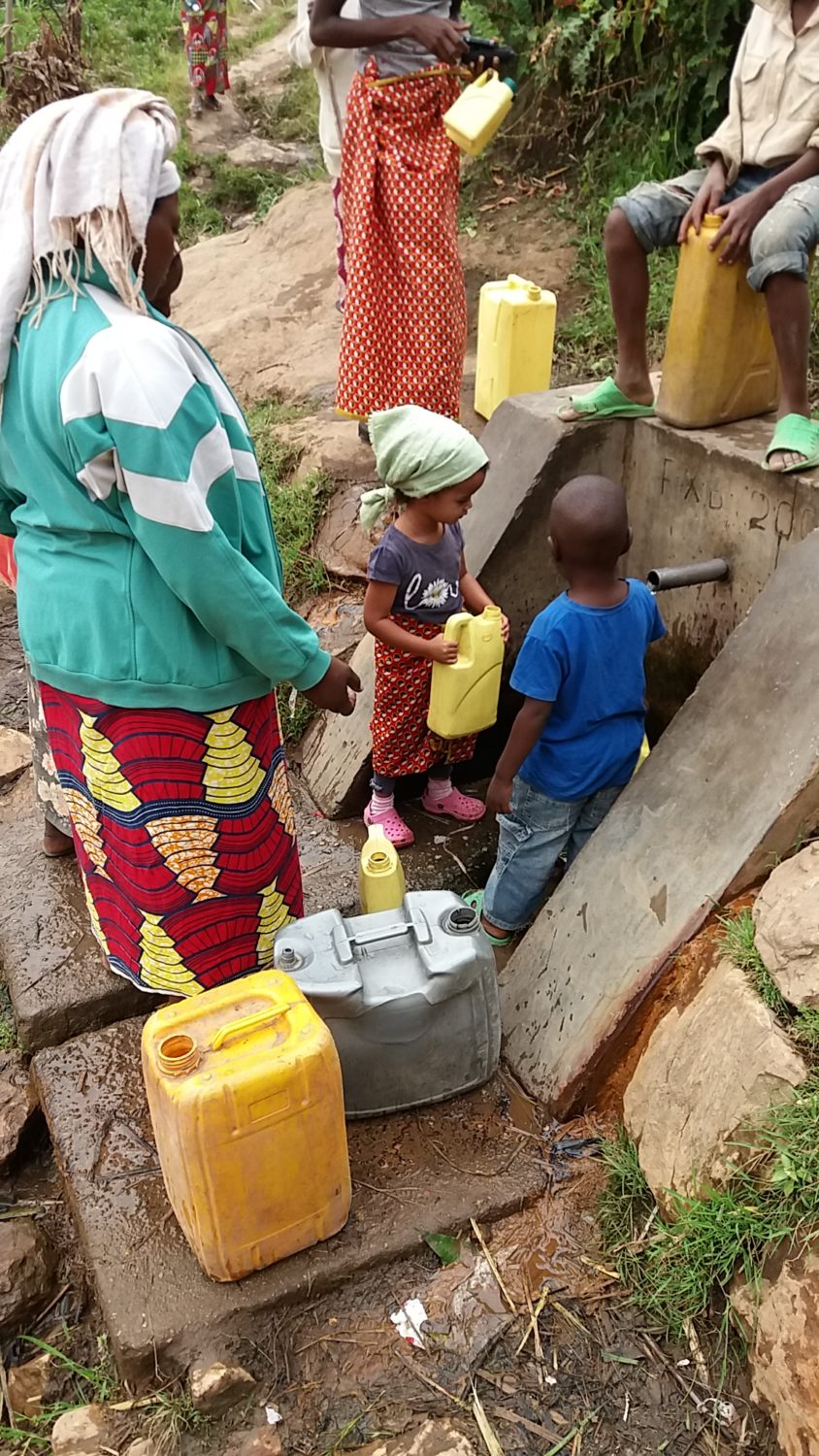


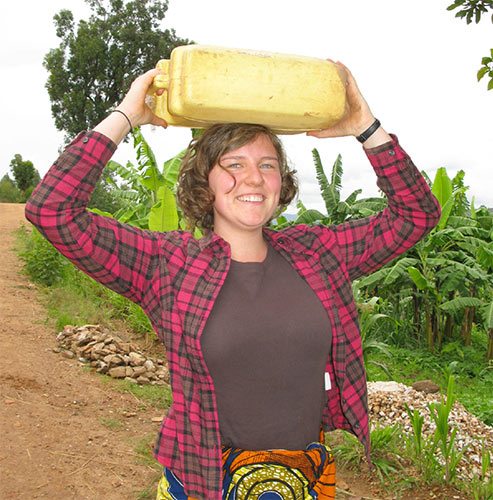
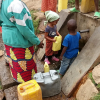





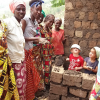
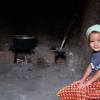
Reviews
There are no reviews yet.